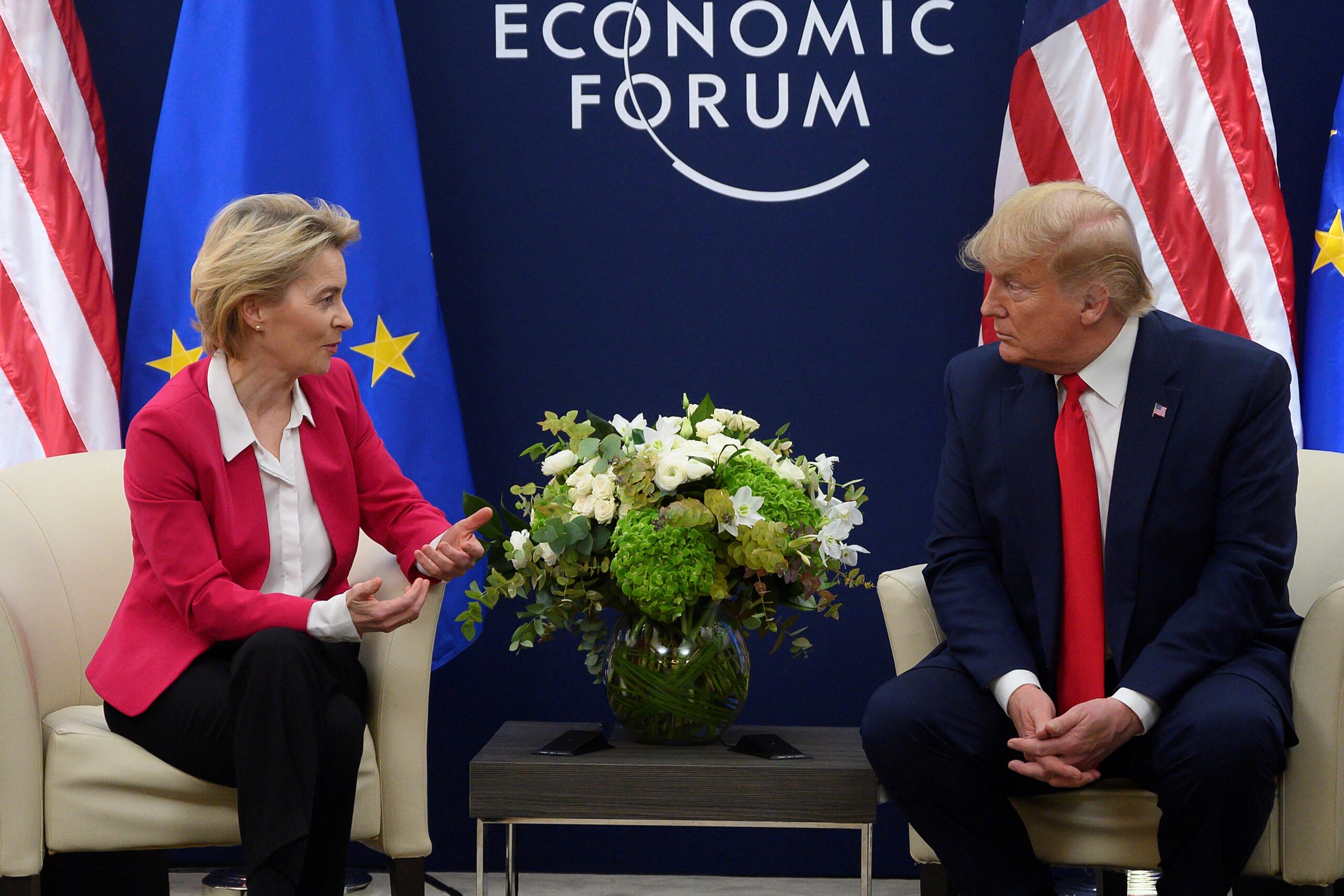Brussels – Late last night (March 26), the White House dealt another blow to European allies, partners worldwide, and free market principles. Donald Trump announced the introduction, as of April 2, of 25 percent tariffs on all cars imported into the US. “It’s the beginning of Liberation Day in America,” the US president exulted, pointing a finger at “countries doing business in our country and taking our jobs and our wealth.”
Among those countries are historical partners of the United States. From the European bloc, Canada, and Japan. All helpless in the face of Trump’s protectionist fury. The overseas mission of Ursula von der Leyen’s chief of staff, Björn Seibert, and EU Trade Commissioner, Maroš Šefčovič, was to no avail. Just a few hours earlier, Šefčovič wrote: “24 intense hours in Washington DC for substantive talks” with US administration officials, stressing the importance of “a fair and balanced deal instead of unjustified tariffs.”

Instead, after the first round of tariffs went into effect on March 12, another cold shower arrived for the EU. Bitter was the reaction of von der Leyen, who, in a statement, said she “deeply regret” Trump’s decision, reiterating that ultimately, “tariffs are taxes – bad for businesses, worse for consumers equally in the US and the European Union.” The EU leader confirmed, however, a cautious approach, already adopted with the postponement of the first European retaliatory measures – initially scheduled for April 1 – to the middle of next month: there was no bombshell announcement of immediate responses, but a willingness to “assess” the squeeze imposed by Trump “together with other measures that the United States is considering in the coming days.”
While European manufacturers woke up in free fall – Mercedes-Benz lost 5.5 percent, Porsche 4.8, BMW 4.2, Wolkswagen 3.3, Stellantis as much as 6 percent – the European Commission extended its hand toward Washington. Or perhaps, at this point, it would be better to say that it chose to turn the other cheek: “The EU will continue to seek negotiated solutions,” von der Leyen said, “while safeguarding its economic interests.
Elon Musk, Tesla’s owner and close adviser to Trump, admitted that the move will have a “non-negligible effect” on the price of parts for his cars from other countries. However, the Republican president is convinced the move will lead to a shift in automakers’ production to the US. “We expect to collect between $600 billion and $1 trillion in two years,” he said.
Arriving at the EU Environment Council in Brussels this morning, EU Commission Executive Vice President for Transition, Teresa Ribera, accused the US administration of “playing against a functioning global market, which ensures that we can compete on a level playing field and stimulate innovation.” Ribera promised that the EU “will work together with the industry to ensure this is manageable for our companies.”
English version by the Translation Service of Withub




![Il portavoce della Commissione europea per il commercio, Olof Gill [Bruxelles, 13 marzo 2025]](https://www.eunews.it/wp-content/uploads/2025/03/olof-gill-350x250.png)




